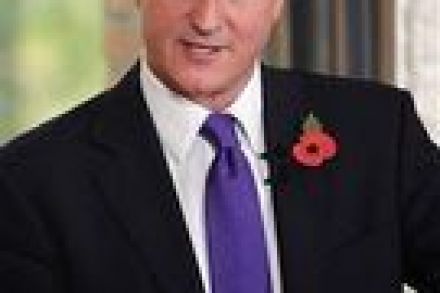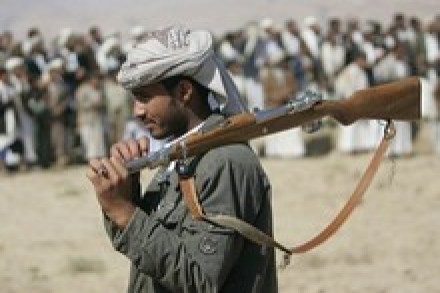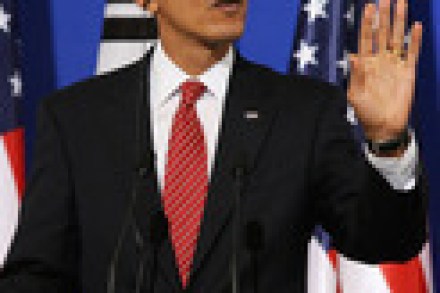Fighting terror with the National Security Council
Since September 11, Britain has lost one war and is not winning another. But the question of why this is the case remains depressingly low down the agenda. There is remarkably little interest in why the “British army was defeated in the field in southern Iraq”, to quote Gordon Brown’s and David Miliband’s favourite counter-insurgency expert, David Kilcullen. Today, the Tories launched their green paper on national security with speeches by Pauline Neville-Jones and David Cameron. The document is a mixed bag. But the Tories deserve credit for squarely facing up to the fact that Britain is now an “incubator of extremism and an exporter of terrorism”. They are also















